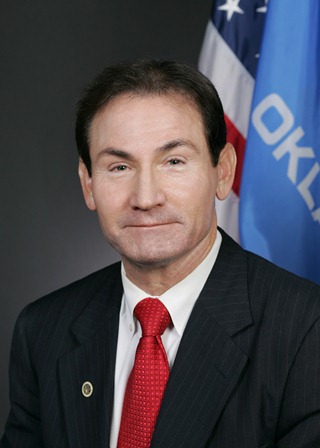In order to provide equal access and equal opportunity to people with diverse abilities, this site has been designed with accessibility in mind. Click here to view
Bill to stop state education funds for recruitment bonuses fails in Senate
 Sen. Ron Sharp
Sen. Ron Sharp
A measure to prohibit the use of state funds for recruitment bonuses for teachers failed narrowly in the Senate 22-20 Tuesday. Retired educator Sen. Ron Sharp said he authored Senate Bill 57 to stop the unfair practice of virtual charter schools rewarding teachers financially with state appropriated dollars for successfully recruiting other teachers and students to their schools in the middle of the school year.
“Senate Bill 57 would have prevented a certified teacher from being lured away from their contractual obligation with a bonus – a common practice utilized by the state’s virtual charters, which receive substantial private funding along with state and federal funds. There’s no greater tragedy than for a classroom of students to lose their teacher during the school year,” said Sharp, R-Shawnee. “Traditional public schools can’t offer recruitment bonuses. Only virtual charter schools, which operate under different rules from traditional public schools, are allowed to do this with public funds. This would have stopped this unfair practice and leveled the playing field for traditional public schools.”
SB 57 was a request bill from the Oklahoma Education Association. Under the measure, the State Board of Education and the Statewide Virtual Charter School Board would have worked together to make rules for implementation.
“Any extra state appropriations a school district has needs to be spent in the classroom or to provide raises for their teachers not recruiting teachers and students away from other districts. This is just one more example of the funding inequity between traditional public and virtual charter schools. It’s making it very difficult for traditional public schools to compete,” said Sharp. “Teachers are not headhunters. They’re education professionals tasked with educating our youth. I’m extremely disappointed that more of my Senate colleagues didn’t step up to stop this unfair practice and ensure state appropriations are used appropriately.”
 Oklahoma Senate
Oklahoma Senate

